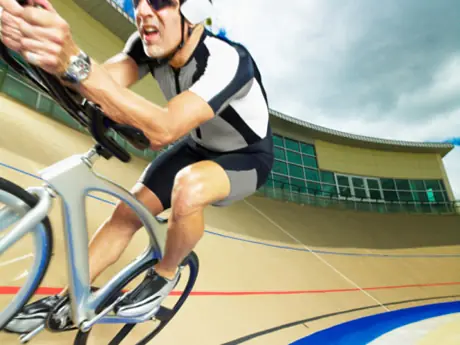
Forty-year old plus guys like Chris Horner and Jens Voigt, along with many riders in their mid- to late-30s, are continuing to tear up the pro circuit. While age inevitably does catch up with all of us, how do we fare in cycling performance over the years?
Childhood Archaeology
Maybe it's the autumn colours and falling of the leaves that's making me muse about the effects of age on fitness, or maybe it's my being back at the family home in Vancouver this week helping my parents move. My archaeology expedition through my childhood room includes uncovering my old training diaries and records of past cycling performances. One exhibit had me placing 6th in the provincial TT (time trial) Championships for Cat 4, with a time of 1:02:12 for 40K back when I was 22 and aero gear was unheard of.
More: The Role of Personality in Cycling Performance
This season has seen a bit of a quantum leap for me in terms of my fitness and racing ability, but I know there's no way I can crank out anywhere close to that TT performance today at the age of 45. That's despite being an exercise physiologist; I have access to the latest training methods, use a power meter and have better equipment, including an aero bike.
To see such change in myself does beg the question: How does your fitness change as you age? Besides battling against the inevitable effects of age, one interesting question to consider is whether or not we're still able to push ourselves as hard as we get older, or if aging is both a physical and a mental process.
More: Can Music Help Your Cycling Performance?
Balmer et al.
In 2008, a research group at Liverpool John Moores University in the UK tackled the question of how aging affected fitness and exercise drive. Here are the basics of the study:
- A cross-sectional design, where 40 competitive male cyclists aged 25 to 63 years participated. The sample included county, national and international champions.
- The experimental protocol was straightforward. All cyclists utilized their own bikes on an ergometer with SRM cranks. Gearing and cadence were self-selected.
- In one session, subjects completed a graded-maximal exercise test, with a 20 Watt (W) step every minute and the initial wattage geared towards a completion time of 8 to 12 minutes.
- The second session was a 16.1K TT with full feedback (time, distance, heart rate) and a pacer to simulate competition.
The protocol was straightforward, and the strength of the study lay in the analysis of the data. Apart from any changes in performance over the years, the other interesting analyses were any potential correlations between age and performance measures.
- 1
- of
- 2
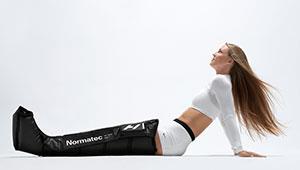
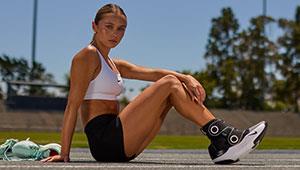

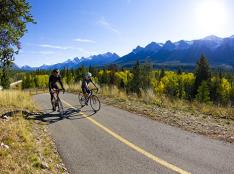

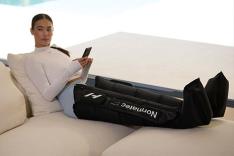

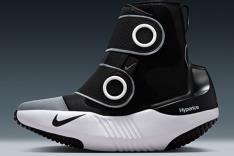
Discuss This Article